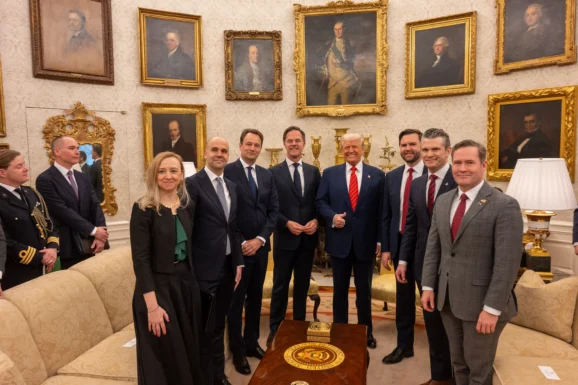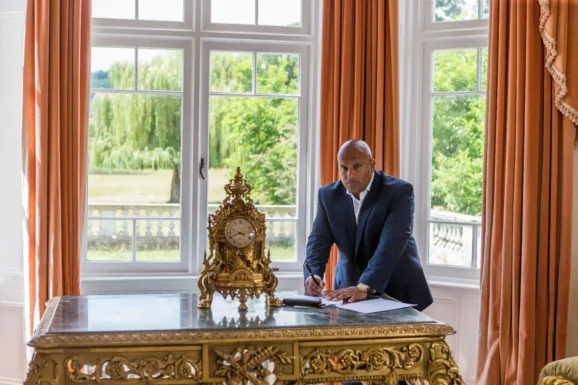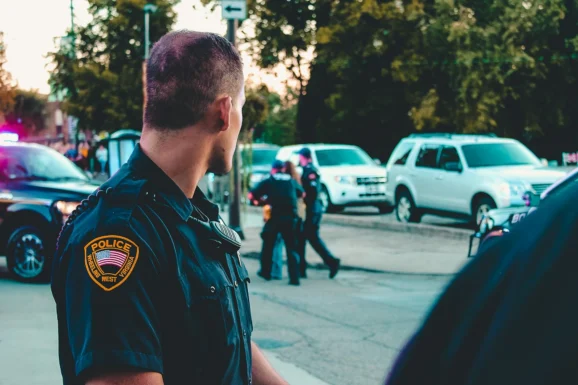Love over lies: A practical approach to misinformation

Boosting social bonds can reduce belief in conspiracy theories and the spread of dangerous lies, says David Dubois of INSEAD
Conspiracy theorists gravitate to any whisper of information that fuels their suspicion and distrust. Indeed, seeking validation from like-minded individuals fosters a feeling of social acceptance and connection. This dynamic underlies much of how misinformation is spread over time, through mutual reinforcement. So, how can we break such a vicious circle?
Providing alternative ways to satisfy this need for connection can decrease an individual’s inclination to seek social approval elsewhere, thereby reducing the likelihood of believing and spreading misinformation. Our recent research at INSEAD presents one approach: making people’s meaningful relationships salient. Simply reminding people about their romantic bonds shielded conspiracists from misinformation about the Covid-19 virus during the early stages of the pandemic.
Fulfilling the need for social connection
Five-hundred and fifty-five participants, living in the United States, participated in our study. Those in the experimental group were conditioned to associate their romantic partners with positive emotions and experiences. This involved pairing their romantic partner’s first name or role with highly positive and approachable stimuli. Meanwhile, individuals in the control group saw neutral words and images.
Daily measures assessed participants’ trust in fellow citizens and strangers as well as their beliefs and behaviours regarding trust in government and public health institutions, the media and social distancing policies.
In the control group, individuals with a high tendency for conspiratorial thinking showed significantly lower trust in their community members. However, for those with high conspiratorial thinking conditioned to associate romantic partners with positive stimuli, the need for social connection was satisfied, and their distrust reduced.
We set up a daily index that measured negative social media comments about the White House Coronavirus Task Force in the United States, Google searches for Covid-19 myths, and the percentage of people staying home in participants’ states to assess public susceptibility to Covid-19 misinformation.
In the control group, individuals with high conspiratorial thinking aligned their beliefs with daily misinformation about Covid-19. They were less likely to believe in the true public-health reality on days with greater amounts of misinformation circulating. In contrast, people highly prone to conspiracy beliefs in the experimental group weren’t significantly affected by daily misinformation.
Put simply, meeting the need for social connection through romantic relationships shielded conspiracy theorists from believing Covid-19 misinformation and persuaded them to treat Covid-19 as a serious public health issue.
Combatting lies within organisations
Combatting organisational misinformation is a priority for many leaders, given its high costs, especially as organisations and contexts grow in complexity and the risk of misinformation increases.
Fortunately, new processes and tools can limit misinformation. For instance, trying new things together or cherishing happy memories with close colleagues or friends might help conspiracy theorists become less susceptible to misinformation.
Misinformation spreads, in part, because it offers a sense of order in uncertain and threatening situations. Strengthening connections can offer genuine protection against both physical and psychological stressors and give people real, rather than imagined, reasons to feel safe in the world.

About the author
David Dubois is a tenured Associate Professor at INSEAD and one of the world’s leading scholars on data-driven marketing, customer centricity and digital transformation.














